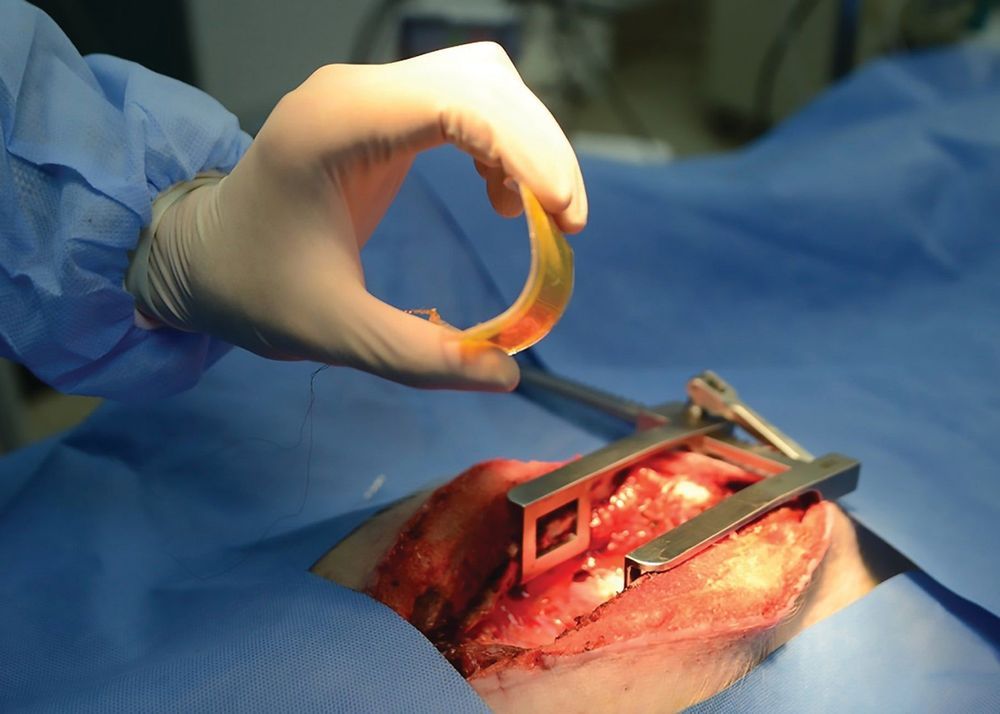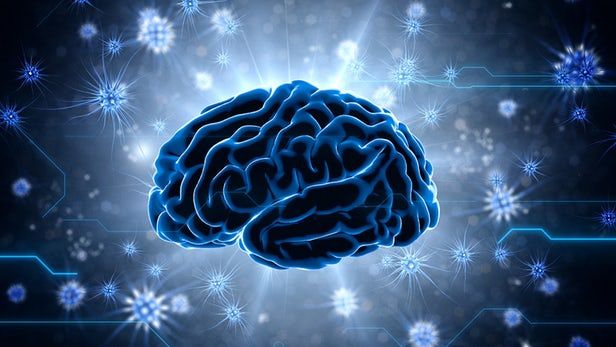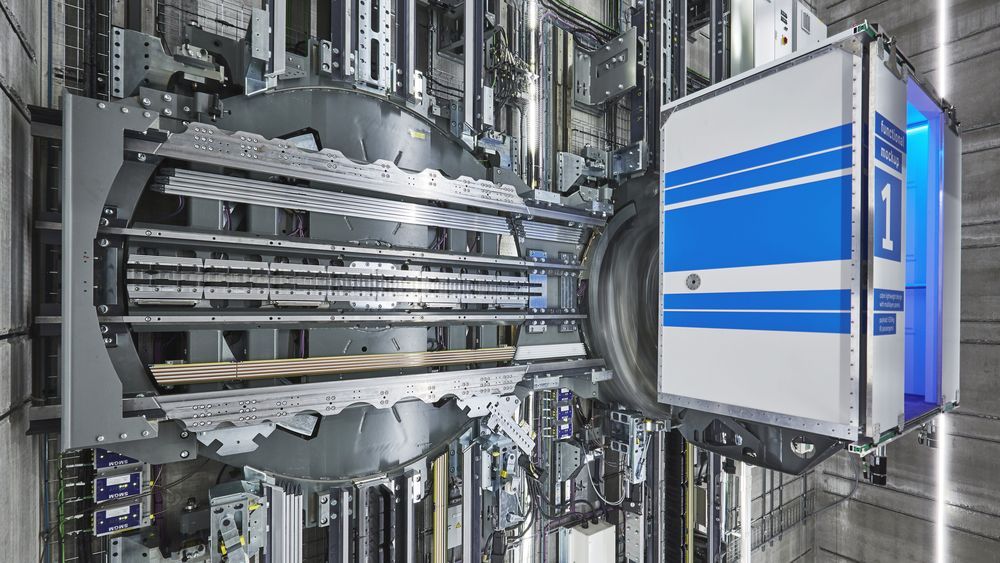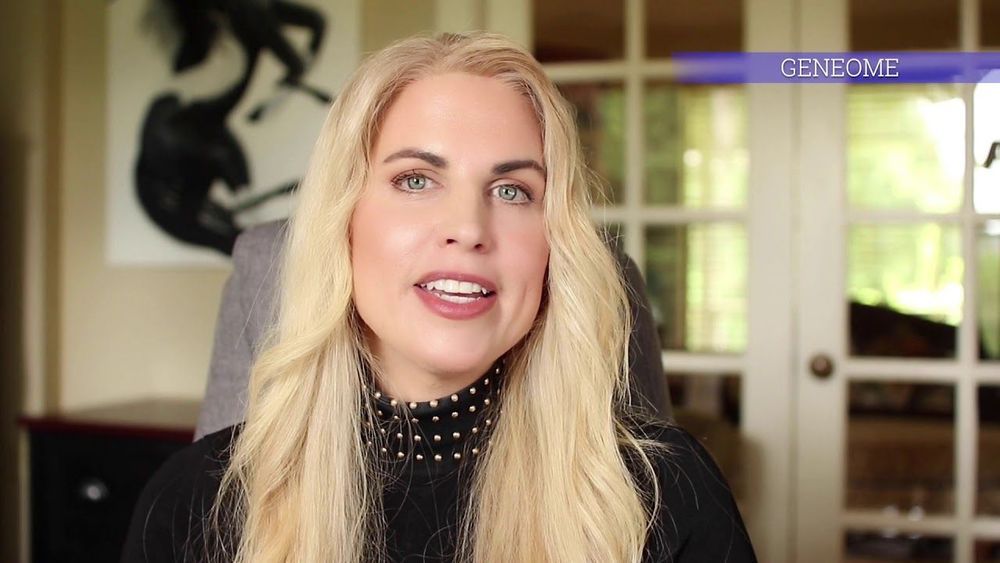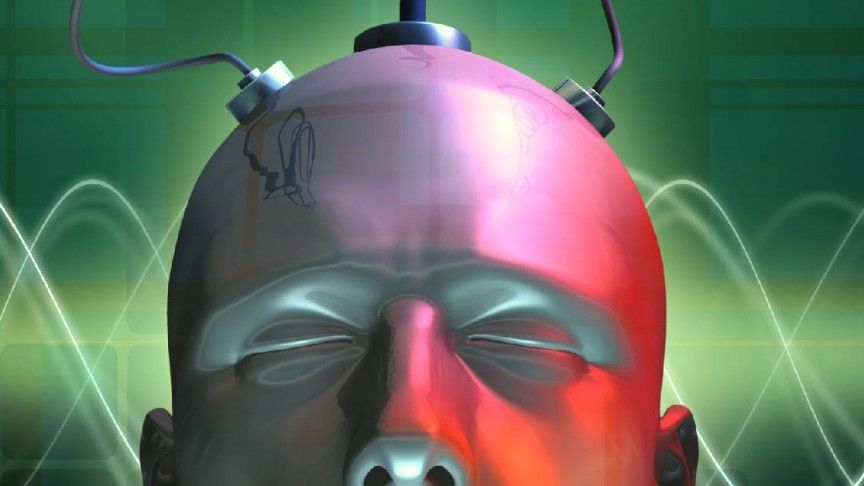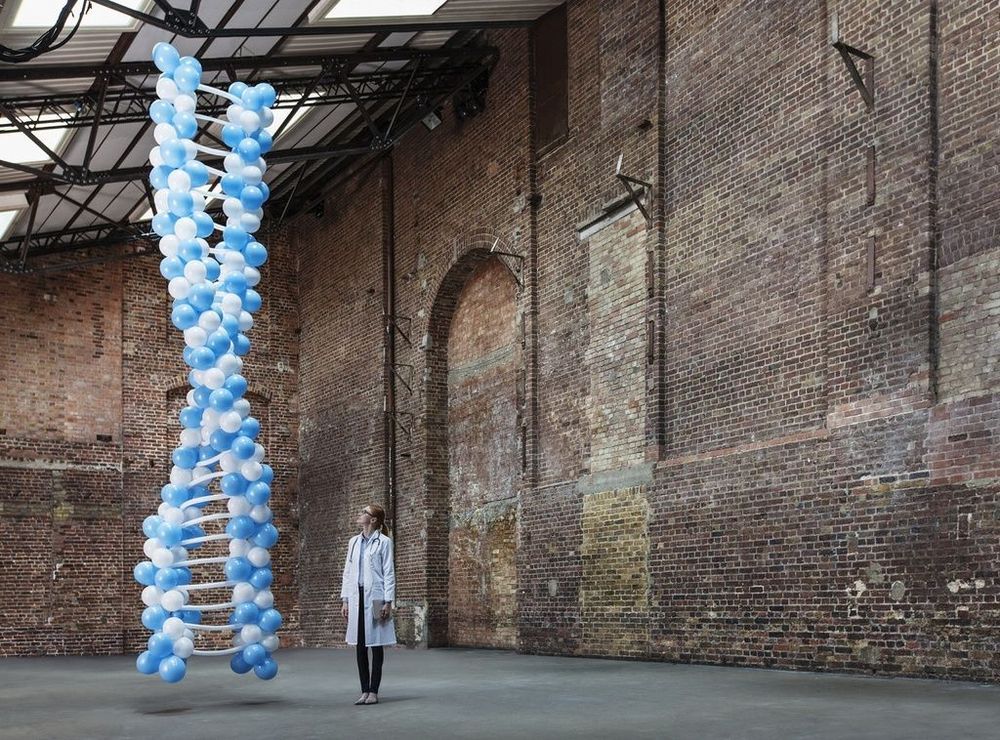Page 8795
May 28, 2019
Provocative study shows how the herpes virus can speed up the onset of Alzheimer’s disease
Posted by Genevieve Klien in categories: biotech/medical, neuroscience
An intriguing new study from researchers at Stockholm University and Karolinska Institutet has described a mechanism by which virus particles can interact with proteins in biological fluids and become more infectious, while also accelerating the formation of plaques often associated with neurodegenerative diseases such as Alzheimer’s.
May 28, 2019
Albino panda cub is the cutest genetic rarity you’ll see today
Posted by Genevieve Klien in category: genetics
May 28, 2019
Meet the world’s first cable-free elevator—it can zoom horizontally or vertically
Posted by Shane Hinshaw in category: futurism
Willy Wonka’s preferred mode of transport has become a reality. (from 2017)
It could help change the way that buildings are designed, as well as getting you to your floor faster.
May 28, 2019
Transhumanism Is Tempting—Until You Remember Inspector Gadget
Posted by Derick Lee in categories: biotech/medical, computing, food, transhumanism
It’s comforting to think of the body as a machine we can trick out. It helps us ignore the strange fleshy aches that come with having a meat cage. It makes a fickle system—one we truly don’t understand—feel conquerable. To admit that the body (and mind that sits within it) might be far more complex than our most delicate, intricate inventions endangers all kinds of things: the medical industrial complex, the wellness industry, countless startups. But it might also open up new doors for better relationships with our bodies too: Disability scholars have long argued that the way we see bodies as “fixable” ultimately serves to further marginalize people who will never have the “standard operating system,” no matter how many times their parts are replaced or tinkered with.
Tech gurus are obsessed with treating bodies like machines—something a 30-year-old cartoon about a tricked-out detective suggests won’t work.
May 28, 2019
BioViva Journey — Bioinformatics with Liz Parrish
Posted by Montie Adkins in category: life extension
May 28, 2019
Stay on top ofthe latestengineering news
Posted by Klaus Baldauf in categories: engineering, robotics/AI
Top artificial intelligence (AI) expert and founder and CEO of Fountech.ai Nikolas Kairinos said in a Daily Star interview that within 20 years we could have implants put into our heads that will allow us to learn everything. “You won’t need to memorize anything,” said the specialist to the Daily Star.
RELATED: NEURALINK: HOW THE HUMAN BRAIN WILL DOWNLOAD DIRECTLY FROM A COMPUTER
May 27, 2019
Autism linked to ‘junk’ DNA mutations
Posted by Xavier Rosseel in categories: biotech/medical, neuroscience
Mutations in so-called “junk” DNA have been tied to the development of autism (ASD) in children who do not have parents or siblings with the condition.
For the first time, research links non-coding DNA to disorder development. Andrew Masterson reports.
May 27, 2019
Signs of selection in the stomach
Posted by Xavier Rosseel in categories: biotech/medical, evolution, genetics
Helicobacter pylori, a globally distributed gastric bacterium, is genetically highly adaptable. Microbiologists at LMU have now characterized its population structure in individual patients, demonstrating an important role of antibiotics for its within-patient evolution.
The cosmopolitan bacterium Helicobacter pylori is responsible for one of the most prevalent chronic infections found in humans. Although the infection often provokes no definable symptoms, it can result in a range of gastrointestinal tract pathologies, ranging from inflammation of the lining of the stomach to gastric and duodenal tumors. Approximately 1 percent of all those infected eventually develop stomach cancer, and the World Health Organization has classified H. pylori as a carcinogen. One of Helicobacter pylori’s most striking traits is its genetic diversity and adaptability. Researchers led by microbiologist Sebastian Suerbaum (Chair of Medical Microbiology and Hospital Epidemiology at LMU’s Max von Pettenkofer Institute have now examined the genetic diversity of the species in the stomachs of 16 patients, and identified specific adaptations that enable the bacterium to colonize particular regions of the stomach.
May 27, 2019
Artificial intelligence detects a new class of mutations behind autism
Posted by Paul Gonçalves in categories: biotech/medical, genetics, robotics/AI
Many mutations in DNA that contribute to disease are not in actual genes but instead lie in the 99% of the genome once considered “junk.” Even though scientists have recently come to understand that these vast stretches of DNA do in fact play critical roles, deciphering these effects on a wide scale has been impossible until now.
Using artificial intelligence, a Princeton University-led team has decoded the functional impact of such mutations in people with autism. The researchers believe this powerful method is generally applicable to discovering such genetic contributions to any disease.
Publishing May 27 in the journal Nature Genetics, the researchers analyzed the genomes of 1,790 families in which one child has autism spectrum disorder but other members do not. The method sorted among 120,000 mutations to find those that affect the behavior of genes in people with autism. Although the results do not reveal exact causes of cases of autism, they reveal thousands of possible contributors for researchers to study.
Continue reading “Artificial intelligence detects a new class of mutations behind autism” »
